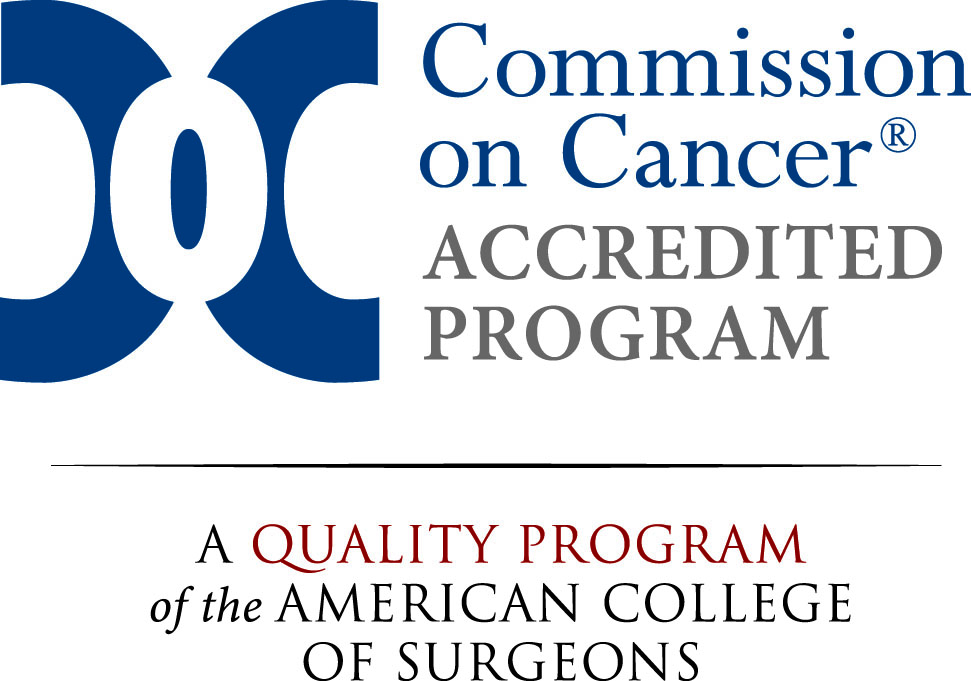
Three-Year Accreditation with Commendation from the Commission on Cancer of the American College of Surgeons - October 2017
To earn voluntary accreditation, a cancer program must meet or exceed the Commission on Cancer quality standards, be evaluated every three years through a survey process, and maintain levels of excellence in the delivery of comprehensive patient-centered care. Three-Year Accreditation with Commendation is only awarded to a facility that exceeds standard requirements at the time of its triennial survey.
As a Commission on Cancer-accredited cancer center, Aspirus Cancer Care - Wisconsin Rapids takes a multidisciplinary approach to treating cancer as a complex group of diseases that requires consultation among surgeons, medical and radiation oncologists, diagnostic radiologists, pathologists, and other cancer specialists. This multidisciplinary partnership results in improved patient care.
The accreditation program provides the framework for Aspirus Cancer Care - Wisconsin Rapids to improve its quality of patient care through various cancer-related programs that focus on the full spectrum of cancer care including prevention, early diagnosis, cancer staging, optimal treatment, rehabilitation, life-long follow-up for recurrent disease, and end-of-life care.
Commission on Cancer-accredited facilities diagnose and/or treat more than 70 percent of all newly diagnosed cancer patients. When cancer patients choose to seek care locally at an accredited cancer center, they are gaining access to comprehensive, state-of-the-art cancer care close to home.
In 2014 Aspirus Cancer Care - Wisconsin Rapids was recognized by the Quality Oncology Practice Initiative (QOPI®) Certification Program, an affiliate of the American Society of Clinical Oncology (ASCO), by successfully performing all required standards surrounding safe chemotherapy administration. The QOPI® Certification Program provides a three-year certification for outpatient practices that meet the highest standards for quality cancer care.
To become certified, oncology practices must submit to an evaluation of their entire practice and documentation standards. The QCP staff and steering group members then verify through on-site inspection that the evaluation and documents are correct and that the practices meet core standards in areas of treatment, including: treatment planning, staff training and education, chemotherapy orders and drug preparation, patient consent and education, safe chemotherapy administration, and monitoring and assessment of patient well-being.